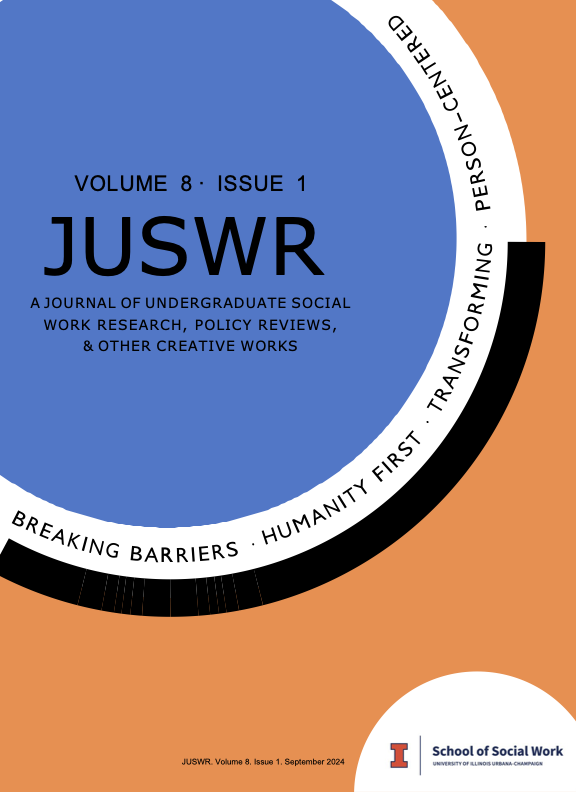Enhancing the Transition into Adulthood for Foster Youth Analysis of Illinois House Bill 1293
Main Article Content
Abstract
This paper explores the transition of foster youth into adulthood, focusing specifically on the challenges during the “aging out” process. Illinois House Bill 1293 extends foster care services until age 23, aiming to improve outcomes. However, the policy lacks clarity on self-sufficiency criteria, hindering effective implementation. Recommendations include comprehensively defining self-sufficiency and empowering youth to advocate for extended support– if desired or necessary. Tailored service planning is essential to address individual needs and prevent adverse outcomes. While Illinois House Bill 1293 is a step forward, clarity, accountability, and targeted support are crucial for successful transitions into adulthood for foster youth.
Article Details
Section
Policy Analysis and Review

